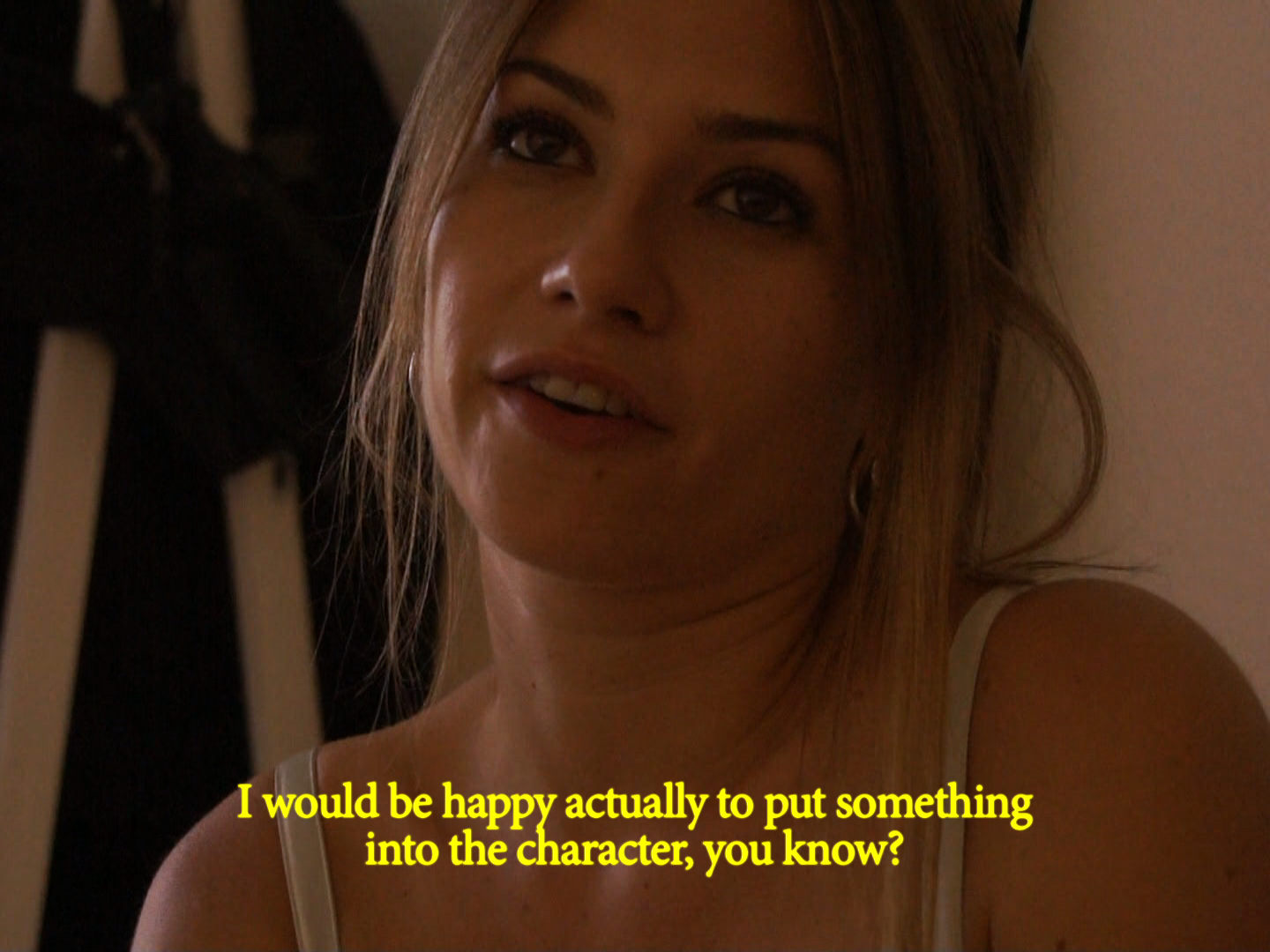Set against the backdrop of Berlin’s alternative scene, in the midst of the Coronavirus outbreak, ‘Moksha’ follows Esther and Constantine as they attempt to sustain an open relationship. Their fragile balance is disrupted when Constantine grows emotionally attached to Anna, forcing all three to confront their own limitations, fears, and unspoken expectations.
Shot in a documentary aesthetic with non-professionals, and drawing heavily from their own experiences and biographies, the film blurs the line between reality and fiction. It immerses the viewer in an unfiltered and unpolished realism, where conversations unfold naturally with their own rhythms, idioms and idiosyncrasies. Moments linger on with unease, and no single perspective dominates, forcing the viewer to cast their own judgments, and perhaps even face somewhat of an uncomfortable mirror.
Exploring themes of emotional baggage, addiction, claustrophobia, stasis, and the desire for transformation, all within the context of the pandemic, the film ultimately questions whether true liberation – moksha – is ever attainable, or if we are to remain trapped with who we are.





